Our team is committed to providing the highest quality of medical care for a wide range of disorders of the digestive system – the esophagus, stomach, intestines, colon, liver and pancreas. Some of the conditions we treat are:
GI Services for a Healthier You
Patients First
Abdominal Pain
Barrett’s Esophagus
Bile Duct Stones
Colon Cancer Prevention
Colon Polyp Removal
Constipation
Diarrhea
Diverticulosis
Gastroesophageal Reflux Disease (GERD)
Gastroparesis
Inflammatory Bowel Disease (Crohn’s and Ulcerative Colitis)
Liver Disease
Nausea and Vomiting
Pancreatitis
Rectal Bleeding
Swallowing Disorders
Ulcer Disease
Expert Diagnostic and Therapeutic Options
To diagnose and treat these medical problems, Gastro One offers a variety of state-of-the-art services, including:
Barrett’s Esophagus Screening and Ablation
Bile Duct Stent Placement
Bile Duct Stone Removal
Breath Testing for GI Diseases
*Capsule Endoscopy
Colonoscopy with Polypectomy
CT Scanning
Endoscopic Retrograde Cholangiopancreatography
Endoscopic Ultrasonography
Esophageal Dilatation and Stent Placement
*Esophageal Manometry and Impedance Testing
*Esophageal pH Testing
*Fibroscan
Flexible Sigmoidoscopy
*Hemorrhoidal Banding (CRH O’Regan System)
Infusion Treatment for IBD
Percutaneous Endoscopic Gastrostomy
*Single-balloon Enteroscopy
Upper Endoscopy
Ultrasonography
*Offered exclusively or first by Gastro One.



